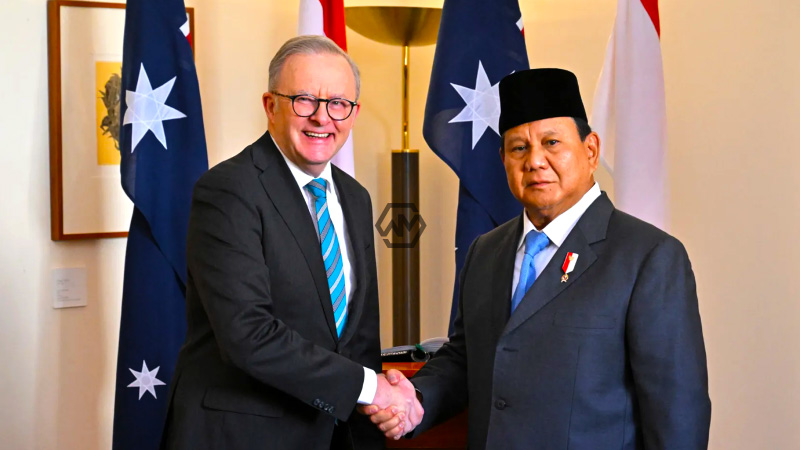- Indonesia and Australia finalize a new defense agreement enhancing military cooperation.
- The deal will improve interoperability and joint exercises between the two nations.
- Analysts question the strategic impact, citing differing threat perceptions and Indonesia’s non-aligned stance.
Indonesia and Australia have formalized a new defense treaty that allows for increased military cooperation and joint operations on each other’s territories.
The treaty marks a significant step in improving defense interoperability, allowing for more joint exercises and collaborative efforts within the global community.
New Indonesia-Australia Defense Deal Sparks Debate on Strategic Value
The newly signed defense agreement between Indonesia and Australia is set to transform military collaboration by enabling forces to operate from each other’s territories and conduct joint exercises. This development underscores the growing importance of bilateral relations amid increasing regional tensions, particularly with China.
Despite the optimistic outlook, there are concerns about the strategic value of the pact. Ewan Graham from the Strategic Policy Institute has pointed out that Indonesia’s non-aligned position and differing threat perception regarding China may limit the practical benefits of the agreement for Australia.
The treaty also highlights the evolving priorities in Australian foreign policy, with new prime ministers often making Jakarta a key destination. This reflects a broader strategy to strengthen ties with neighboring nations and address regional security issues collaboratively.
As the agreement is finalized, both nations are expected to see enhanced defense capabilities and greater strategic alignment. However, the differing perspectives on regional threats could influence the overall effectiveness of the pact in achieving its intended goals.
The new defense deal between Indonesia and Australia is a notable advancement in their military cooperation, aiming to improve joint capabilities and strategic alignment. However, its impact will depend on how well it addresses the differing threat perceptions and strategic interests of both nations.
“Marles said that the successful conclusion of the negotiations after two years is important for the national security of both countries.”



